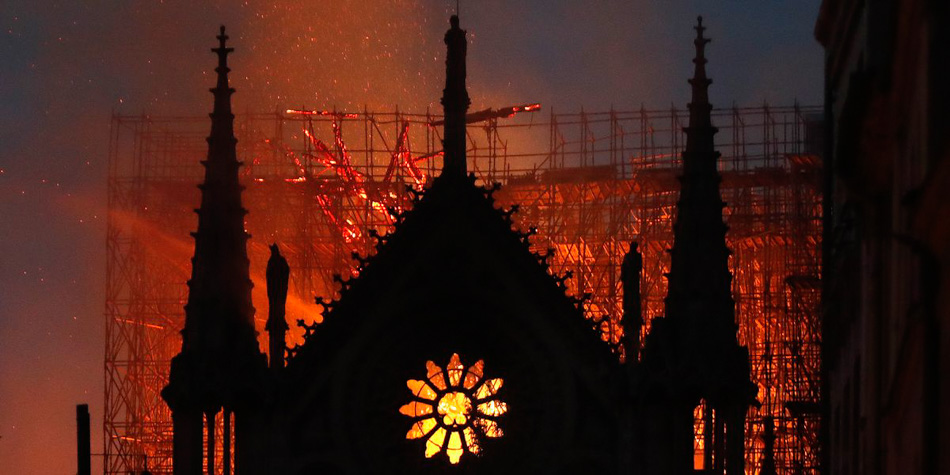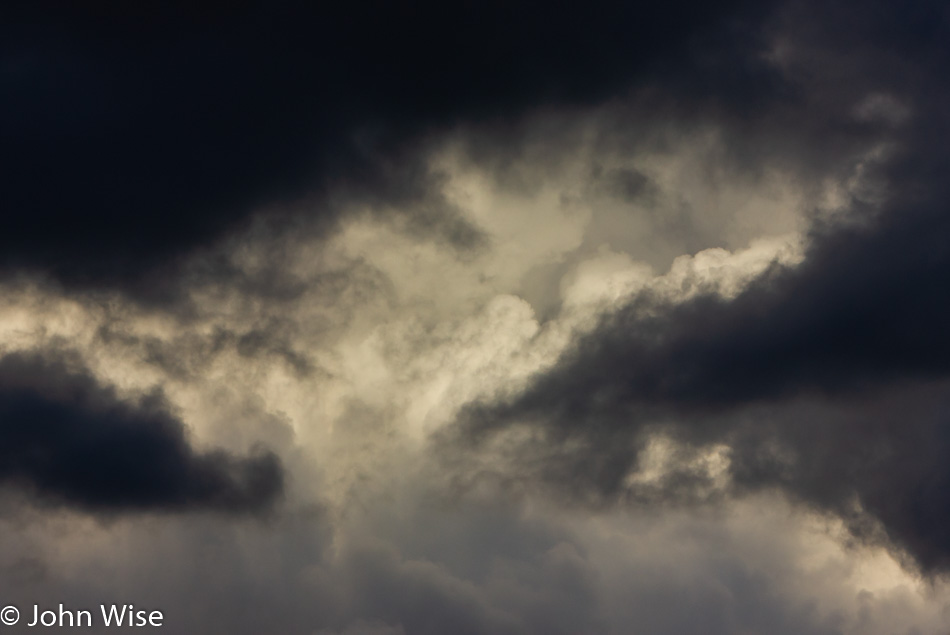
Words and the magic they convey can be experienced by the idea behind them or simply by the sound they create in your ear. Frisson arising from music is a common experience people can have, but it can also occur with words and from visual stimulation. Today’s blog entry is a short list of some of the words that have brought that sense of delight to my ear.
I was recently reminded of my affinity for the word Aquitaine while Caroline was reading “Distant Mirror” to me. This look at the 14th century in Europe has more than a few references to the region of Aquitaine in southwest France.
Disambiguation I remember first encountering in Wikipedia where subjects with multiple meanings are marked for needing greater clarity or disambiguation.
Novel, not as in a book, but as in novelty, took on greater meaning for me in the early 1990s as I came to understand the idea from Terence McKenna.
Transcendent was a magic word I first learned while still a teenager reading Alan Watts. It intuitively described to me what I was attempting to do while escaping the yoke of conformity.
Antipathy is the next word that sparked ideas and feelings that were far larger than the nine letters that created it. My visceral sense that far too many people live in antagonism and loathing of their potential and the demands of being a human being described by antipathy is poetic in its brevity.
Defenestration only recently entered my vocabulary when learning more about the Thirty Years’ War and visiting Prague for the first time. Shortly upon hearing this lyrical word, I came across a song titled “Defenestrazioni” by Blixa Bargeld of Einstürzende Neubauten, in collaboration with Teho Teardo. After that, I would hear references to the act of tossing someone out of windows somewhat regularly. How does such an archaic word of such specific meaning reenter the pop vernacular?
Deep in the Grand Canyon back in 2010, I reached out to touch the Great Unconformity and saw my hand straddling a gap in time where nearly 1.5 billion years of history is missing. The ancient geology of our earth was ripped open, allowing us to travel down the Colorado River and be witness to the primordial origins of the landmasses we travel upon while oblivious to how it came to be. The idea of unconformities spills a bit of mystery into an otherwise relatively certain geologic history.
What were you reading at the end of 1985? I had picked up a copy of “Les Fleurs du mal” by Charles Baudelaire. After learning of a bookshop in Frankfurt, West Germany, called The British Bookshop, I quickly became a regular. On one of my first visits, I picked up a copy of this book of poems titled “The Flowers of Evil” and fell in love with this misanthrope, often hoping to one day imitate his skulking on the streets of Paris. The word “Fleur” has a motion of color and punctuation of intensity that sings to my ear and mind’s eye. I mention the bookshop because it was about to play a pivotal role in my life.
As an aside, it was around this time I was able to obtain a copy of “Les Chants de Maldoror” by Comte de Lautréamont, a book I’d never seen in America. While Lautréamont and the word Maldoror could have made this list of favorite words, it really was the entirety of the work where individual words didn’t hold the same kind of impact as the volume did when taken as a whole. But this is deviating from the goal of this entry. By the way, this, too, came from my new favorite bookshop.
Geist needs to make an appearance at this point. Again, I’m at The British Bookshop, but now it’s early 1986 when a clerk named Rosie (she was a Persian from Tehran) introduced me to the works of Friedrich Nietzsche. The book she put in my hands that fateful day was “Beyond Good and Evil.” The impact cannot be understated. I was smitten and it was in those pages I learned of a complex German word known as “geist.” Its meaning will not be shared here as the difficulty of explaining its nuance is beyond the scope of this entry. Suffice it to say it has something to do with the essence of self.
My book of poetry, should I ever write one, should be titled “The Fleurs of the Resplendent Geist.” Resplendence in all of its incarnations walks with the dandy as they beautify the lyrical chambers of the mind with images extolling the virtues of majestic and imposing intellectual transcendence. We should all have the opportunity multiple times in our lives to luxuriate in the splendor of giving meaning to the wistful unknowns where, without our faculties, reality is nothing more than a void, but with language, we lend profound beauty and extraordinary character to random distillations of matter. This is my resplendent universe.
Here’s an old word now considered obsolete that I’ve found difficulty bringing into casual conversation: sagacious. It’s my perception that we move to a more debased language as time moves forward. Our vocabularies shrink with every passing minute of media consumption in my opinion. Being sagacious in our acquisition of words would do us well, especially when one considers that in average day-to-day conversation talking of ordinary things, most people use less than a thousand words. This is shocking when you learn that the average English speaker might know approximately 40,000 words out of the quarter-million that make up our language, but they do not have practice in using the breadth of words they’ve encountered at one time or another.
Finally, we arrive at étant donné. When I first heard this, it was in reference to the band by this name. The pronunciation is /e.tɑ̃ dɔ.ne/, and while it means “Being Given,” it can also mean “In View Of.” Little did I know at the time that Marcel Duchamp’s final work was titled, “Étant donnés: 1. la chute d’eau 2. le gaz d’éclairage” or “Given: 1. The Waterfall, 2. The Illuminating Gas.”
Some people have favorite sports teams, TV shows, foods, travel destinations, or cars; I have an ever-shifting ephemeral list of favorite words, while some, like those above, seem to stay with me over the decades. Maybe this affinity for fragments of speech comes with being somewhat loquacious, though hopefully not too garrulous.





